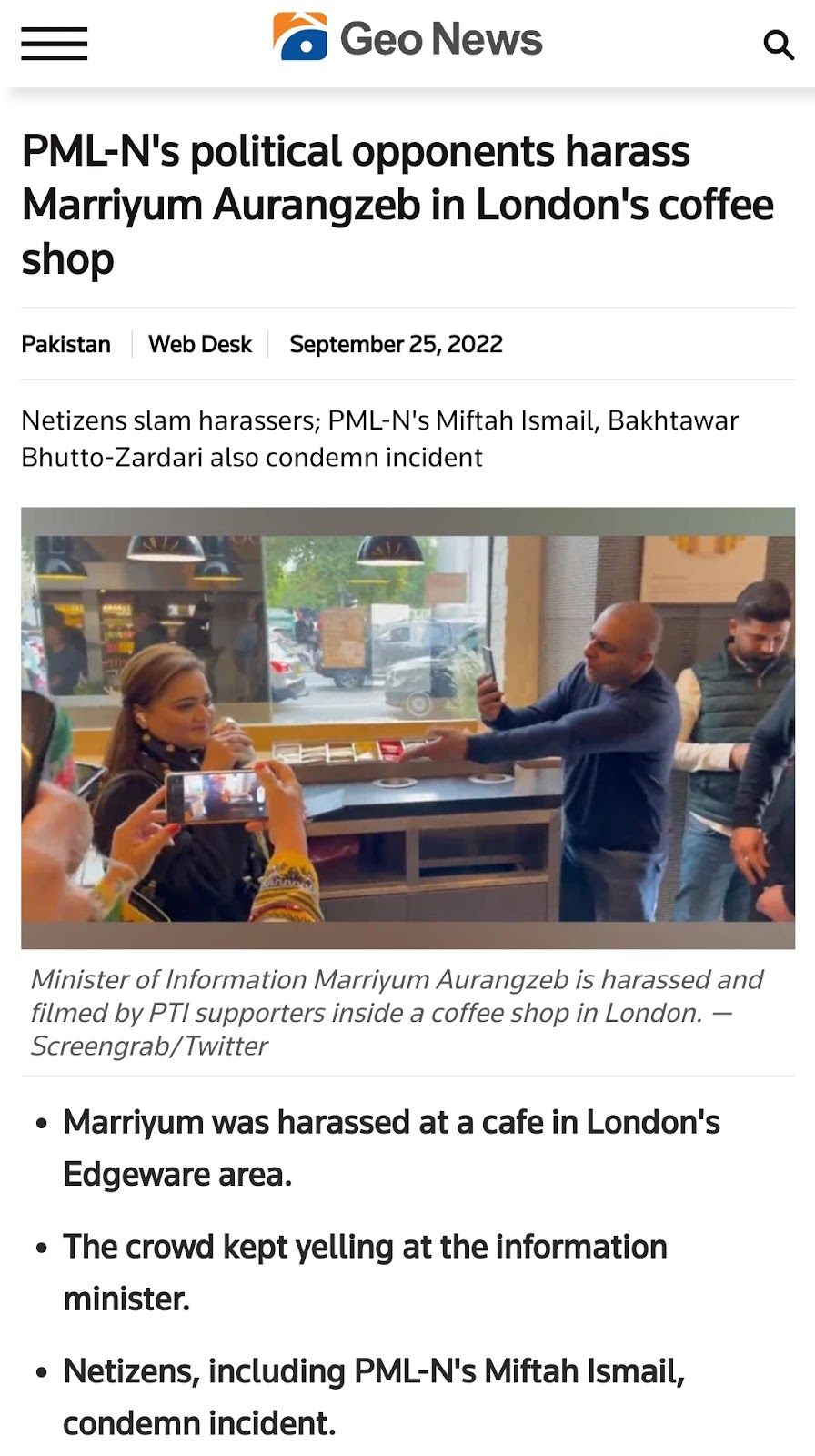Overseas Pakistanis: Questions and Insights
Overseas
Pakistanis are, without a doubt, a lifeline for Pakistan’s economy.
Pakistan’s
trade deficit is no secret, and it’s the dollars sent home by these expatriates
that are keeping the economy afloat. Last year, exports were around $31.76
billion, while imports were nearly $80 billion, leaving a trade deficit of
approximately $50 billion. In such a scenario, the $31.2 billion sent by
overseas Pakistanis is nothing short of a blessing.
While all of
Pakistan collectively earns about $31.76 billion, nearly 9 million overseas
Pakistanis contribute almost the same amount alone. Given this contribution, it
only makes sense that they should have a fair voice in Pakistan’s political
sphere. It’s also their right to be concerned about how this precious foreign
exchange is spent and to voice their opinions on such issues.
According to
Pakistan's Ministry of Overseas Pakistanis and Human Resource Development, more
than 8.5 million Pakistanis live abroad for employment and education.
The
sacrifices these overseas Pakistanis make to support their families and
homeland are well-known. Despite the hardships they face abroad, they send home
significant foreign exchange, which ironically is often used by bureaucrats and
other elites to fund luxury imports. While political criticism is easy, what
economic policies have any political party put forth to address the trade
deficit? Parties may boast about a 6% growth rate, but how much did exports
actually increase under their rule? Currently, it’s overseas Pakistanis who are
essentially propping up the economy.
On the topic
of property investment, imposing restrictions on their investments is
questionable. Policy-making is the responsibility of officials, not individual
expatriates sending money home. In rural Punjab, for example, these overseas
Pakistanis build homes that provide local jobs and stimulate the economy, while
elites gravitate towards luxury markets. Furthermore, the construction sector
boosts numerous industries and provides employment to the working class.
For these
families, Pakistan also serves as a holiday home, and they bring valuable
foreign exchange along with them. What are we giving them in return? Rather
than driving them away over political differences, we should appreciate their
connection to Pakistan. If they support a particular political party, other
parties should engage them with policies and strategies to attract their
support, not by suggesting punitive measures like blocking their passports.
Over 100 countries, including France, Italy, the UK, the USA, and Canada, grant
their overseas citizens the right to vote. Unfortunately, partisan politics
here often blinds people, who end up supporting one party unconditionally and
opposing another without reason.
Many
overseas Pakistanis risk their lives to reach Europe via Iran, Turkey, and
Greece, overcoming immense challenges before settling in foreign lands, earning
a living, and sending money home. If certain political factions resent them,
what alternative do these factions offer for the foreign exchange they provide?
When
Pakistan's ministers go abroad seeking dollars, how can they then return and
use precious foreign exchange to buy luxury items?
These
ministers go on official trips and indulge in personal shopping sprees. Isn’t
this an insult to the impoverished and forgotten citizens of Pakistan? Do we
have answers to these questions?
As the
country stands on the brink of default, with the dollar soaring in value, the
financial obligations Pakistan faces this year are staggering. To secure even a
billion dollars, the IMF has imposed conditions that have resulted in higher
taxes, escalating the costs of electricity, gas, and petrol. The State Bank has
lost control of Pakistan's financial sovereignty, and who knows what further
restrictions will come? So, when government ministers publicly promote luxury
imports, what message does this send to the rest of the nation?
If we are to
save Pakistan, it’s time to save the dollar and, in doing so, save the country.


No comments:
Post a Comment